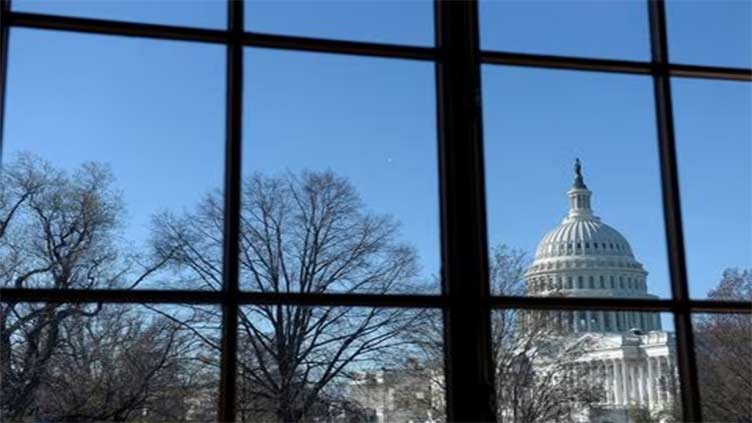Democrats urge US House Republicans not to cut food aid to the poor

World
The Democrats wrote a letter to House speaker rising partisan tensions in Congress over SNAP
WASHINGTON (Reuters) – Twenty-five Democratic lawmakers on Monday urged Republican leaders of the US House of Representatives to stop calling for further cuts to the largest US food aid programme for low-income Americans as a key committee considers a $728 billion farm and nutrition spending bill.
The letter written to House Speaker Kevin McCarthy reflects rising partisan tensions in Congress over the Supplemental Nutrition Assistance Programme (SNAP). The Democrats, all members of the House Agriculture Committee, told McCarthy that continuing Republican talk of SNAP cuts could jeopardize progress on this year's farm bill.
"Playing partisan SNAP politics does nothing to address the needs of our farm and ranch families who depend on the other components of the farm bill," Representative David Scott, the panel's senior Democrat, and the other lawmakers wrote.
They asked McCarthy to let the panel "work its will, and then respect the product that we hope comes out of our process later this fall."
Republicans secured expanded work requirements for SNAP recipients as part of the deal negotiated by McCarthy and Democratic President Joe Biden this spring to raise the US debt ceiling. Democrats now are seeking to protect the programme from further cuts in the farm bill, which comes up every five years and funds farm commodity and conservation programmes as well as SNAP and other food aid.
The letter was prompted by recent comments from McCarthy and Representative Garret Graves, one of his top negotiators, indicating Republicans may seek further SNAP cuts in the farm bill or the agriculture appropriations process, according to a Democratic committee staffer.
The agriculture committee's Republican chairman, Representative G.T. Thompson, has said it will complete a farm bill draft by the end of August.
The current farm bill expires on Sept. 30. With both the House and Senate in a summer recess, the prospects of passing the legislation on time are waning. Farm bills are often extended for several months to allow for negotiation of a new one.

